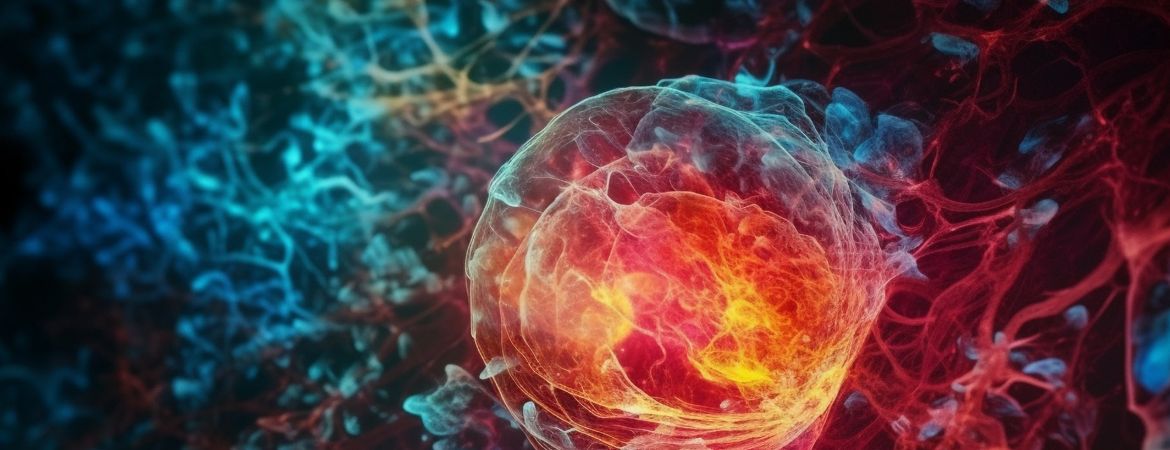Cancer is killing more and more patients every year, not only in Tunisia. To treat this disease, medicine has made many advances. The field of oncology is constantly evolving to help patients get better. To learn more about oncology and the role of the oncologist, we invite you to read on.
DEFINITION OF ONCOLOGY
Oncology is a branch of medicine that studies, diagnoses and treats cancer. Cancer is a disease characterised by the uncontrolled growth of cells that form a mass called a tumour.
Oncology studies how tumours form and how they spread throughout the body. It also studies the effects of tumours on surrounding tissues and organs. It also identifies ways to fight cancer.
Oncology is an evolving field of medicine. It plays an important role in finding new treatments and advancing the fight against cancer.
ROLE OF THE ONCOLOGIST
The oncologist is the person who practices oncology. He or she is the specialist who studies, diagnoses and treats cancer.
The oncologist investigates the cause of the cancer and identifies its type. He will usually work with the anatomopathologist to determine the severity and extent of the tumour. The pathologist will carry out a microscopic analysis of the tumour. Once cancer has been diagnosed, the oncologist will suggest a treatment strategy.
At the same time, he or she will consult with other specialists, such as surgeons, radiologists, radiotherapists and others, to make sure all possible options are considered.
Once the treatment has been chosen, the oncologist will prescribe the medicines to be used. He or she will also monitor the use of these drugs, checking for their effectiveness and any side effects.

TREATMENT OPTIONS
The oncologist may suggest different types of cancer treatment. This depends on the diagnosis, the patient’s condition and the type of cancer. The main treatments are surgery, chemotherapy, radiotherapy, targeted therapies, hormone therapy and immunotherapy.
SURGERY
The oncologist may suggest surgery to remove the tumour. This also removes the lymph nodes and any metastases. Surgery is the oldest form of cancer treatment. It is used in 80% of cases.
The smaller the tumour, the better the chances of a successful treatment. You may be given a local or general anaesthetic during surgery, depending on the location of the tumour.
The oncologist may use different types of surgery for this treatment. There is minimally invasive surgery for breast cancer and laparoscopic surgery to remove malignant tumours from the abdomen or pelvis. There is also surgery for testicular tumours and surgical removal of metastases in internal organs.
CHEMOTHERAPY
Chemotherapy is a drug-based treatment for cancer. Its aim is to destroy cancer cells or stop them multiplying. It can be used as the first treatment for cancer. It can also be used as an adjunct to other treatments, such as radiotherapy and surgery.
On the other hand, chemotherapy can prevent cancer from coming back after it has been treated with radiotherapy or surgery.
In practice, chemotherapy drugs in liquid form are injected into a vein. These medicines have to be taken in hospital. There are also oral medicines. These can be taken at home.
The duration of chemotherapy can vary, depending on its effectiveness and how well you tolerate it. It can usually last several months.
RADIOTHERAPY
Almost half of all people with cancer will have radiotherapy. Radiation is used to destroy cancer cells and stop them multiplying. The treatment is targeted to the specific area or organ to avoid damaging healthy cells.
Radiotherapy can be given before surgery. This reduces the size of the tumour before surgery to increase the chance of removing all the cancer cells. It can also be used after surgery to reduce the risk of the cancer coming back or to destroy any remaining cancer cells.
Radiotherapy lasts only a few minutes and may need to be repeated over several days.
TARGETED THERAPIES
Targeted therapy is personalised treatment. The treatment is chosen according to the patient’s biological profile and disease characteristics. As a result, drug doses vary from patient to patient.
HORMONE THERAPY
Hormonal therapy also involves the use of anti-cancer drugs. Unlike other treatments, it does not aim to destroy cancer cells directly. Instead, it aims to reduce their growth by blocking the production or activity of certain hormones.
This is useful for breast and prostate cancers, which tend to get worse when certain hormones are present. The type of drug and the duration of treatment vary according to the situation.
IMMUNOTHERAPY
Immunotherapy is very interesting because it aims to boost the body’s own immune defences. It involves taking drugs that enable the body to fight cancer cells on its own.
These drugs include checkpoint inhibitors (anti-PD-1, anti-PD-L1 and anti-CTLA-4) and chimeric antigen receptor T (CAR-T) cells.

DISEASES TREATED
Diseases treated by oncologists include leukaemia, breast cancer, lung cancer, stomach cancer and lymphoma. These cancers can be treated with chemotherapy.
Some cancers, such as head, neck, brain and skin cancers, can be treated with radiotherapy.
Prostate and breast cancer can also be treated with hormone therapy. Today, oncologists are still looking for new treatments to help patients.


